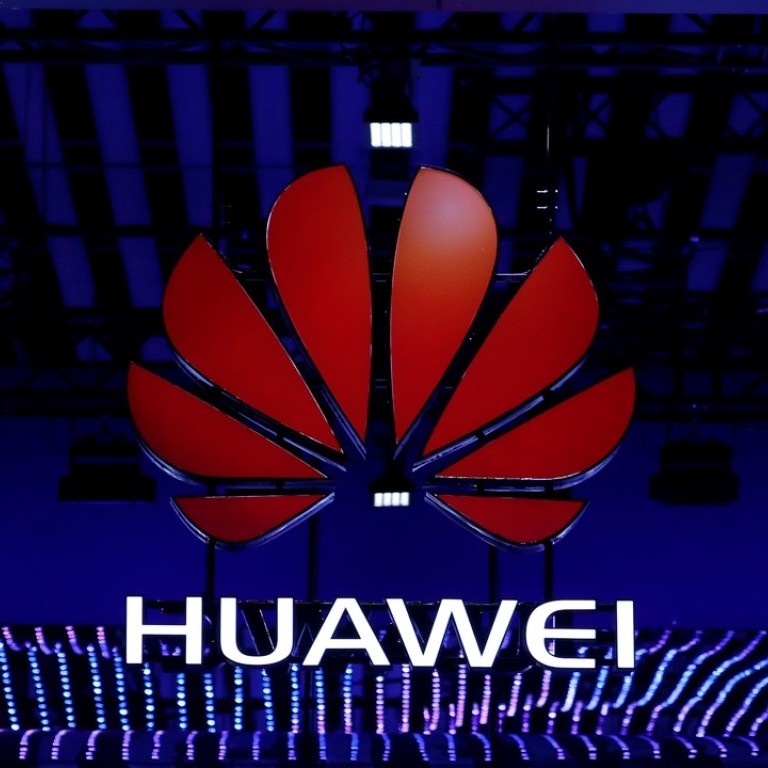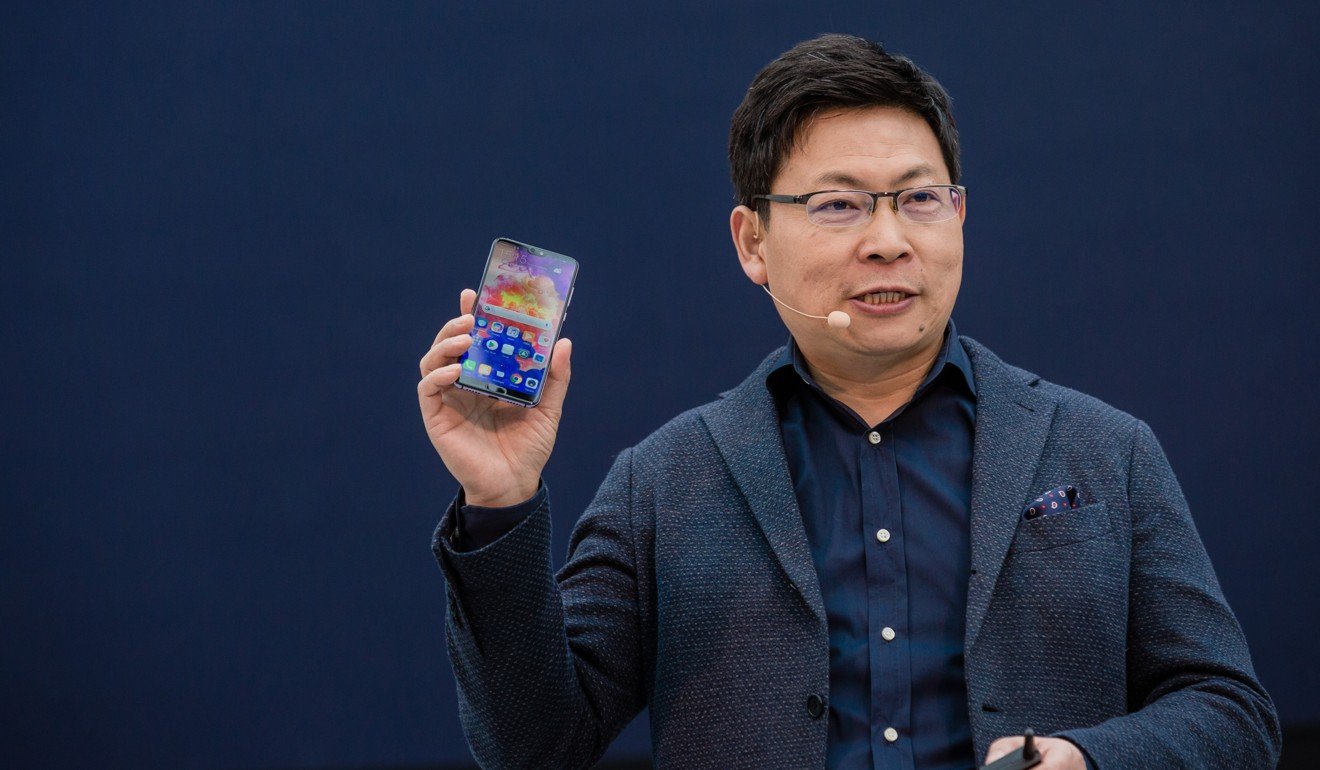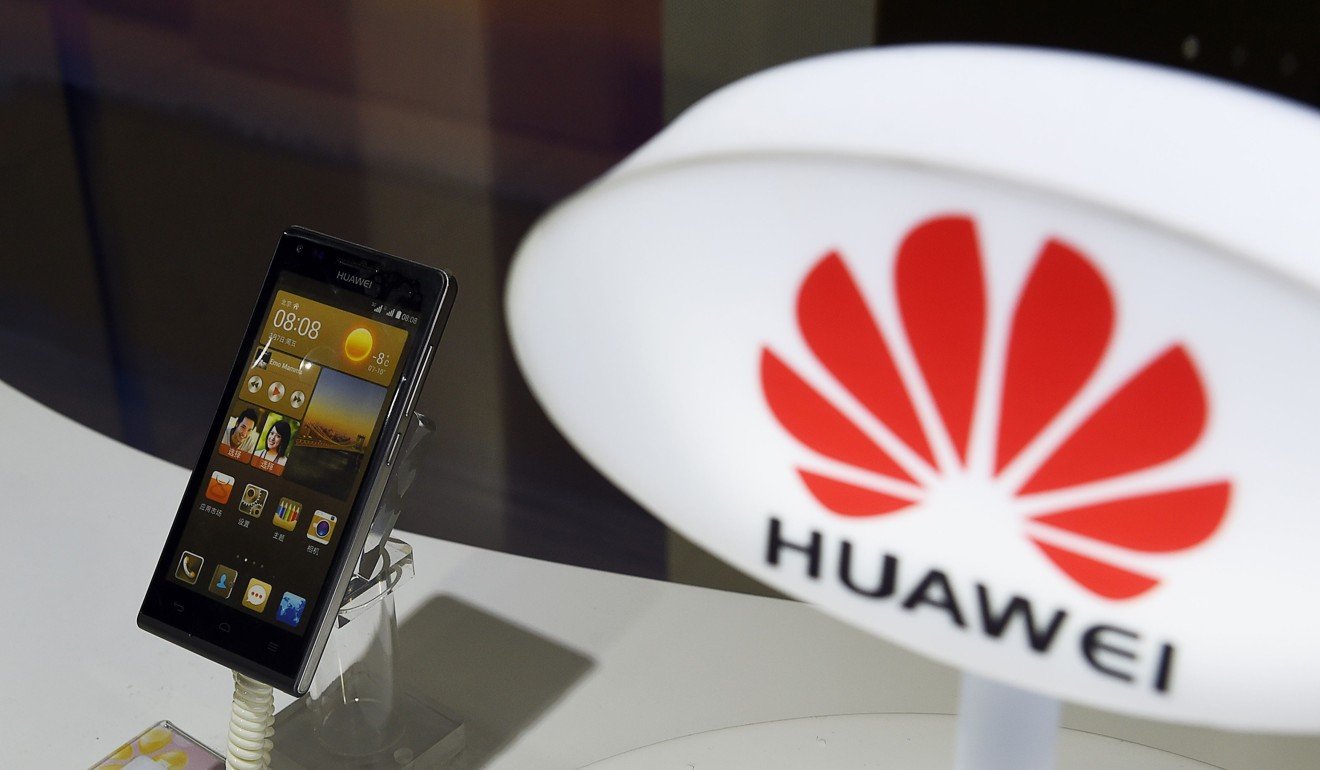
Chinese tech company Huawei investigated for violating Iran sanctions by US Department of Justice
Huawei, the world’s third-biggest mobile phone company after Apple and Samsung, has been a target of the US government for some time - but never before by the Department of Justice
Huawei had previously been subpoenaed by the US Commerce Department and the US Treasury Department’s Office of Foreign Assets Control, the source said. But the Justice Department’s criminal inquiry suggests more serious misconduct - and consequently more serious repercussions.
Is phone ban the start of a tech war between China and the US?
While the commerce and treasury departments can levy sanctions and fines, the justice department can go further, imposing a corporate monitor or criminal penalties, even charging individuals within the company.
Details about the probe, including what allegations have been levelled, are not available, the Journal said.
“Huawei complies with all applicable laws and regulations where it operates, including the applicable export control and sanction laws and regulations of the UN, US and EU,” Huawei's US-based senior director for corporate communications said in an email to the South China Morning Post.
ZTE’s sales of “hundreds of millions of [US] dollars” worth of routers, microprocessors and servers to Iranian entities violated the US’s Export Administration Act of 1979, according to an order by the US Department of Commerce.
US slaps China's ZTE with 7-year components ban
“ZTE made false statements to the US Government when they were originally caught and put on the Entity List, made false statements during the reprieve it was given, and made false statements again during its probation,” Secretary of Commerce Wilbur Ross was quoted as saying in an announcement by the department.
The US justice department would not be the only US government body citing threats Huawei poses to the country’s national security grounds.

“In the case of Chinese national champions, [state support] also appears to include officially sanctioned or officially conducted corporate espionage designed to improve the competitiveness of Chinese firms while potentially advancing other government interests. Huawei, [ZTE] and Lenovo are three Chinese ICT companies that exhibit some of these characteristics.”
Huawei was named frequently in a report issued by a unit of the US Defence Department last year about methods – legal and otherwise – China is using to extract advanced technology from US sources.
The report, called “China's Technology Transfer Strategy: How Chinese Investments in Emerging Technology Enable a Strategic Competitor to Access the Crown Jewels of US Innovation”, has prompted US lawmakers to tighten scrutiny of investments by Chinese companies in the US to thwart Beijing’s attempts to create “national champions” that would compete with US companies globally.
“Because the Chinese Communist Party is much more involved in planning economic activity and supporting companies (not only through state-owned-enterprises but also in favouring national champions it supports globally like Huawei), there is a great deal more coordination of investment along with other vehicles of technology transfer to accomplish the larger economic goals specified in China’s documented plans,” the report said.

“China’s industrial espionage and cyber theft efforts continue without adequate US investment in manpower and programmes to thwart these efforts. This allows technology transfer at an alarming rate.
“When viewed in combination, and with the resources China is applying, the composite picture illustrates the intent, design and dedication of a regime focused on technology transfer at a massive scale.”

